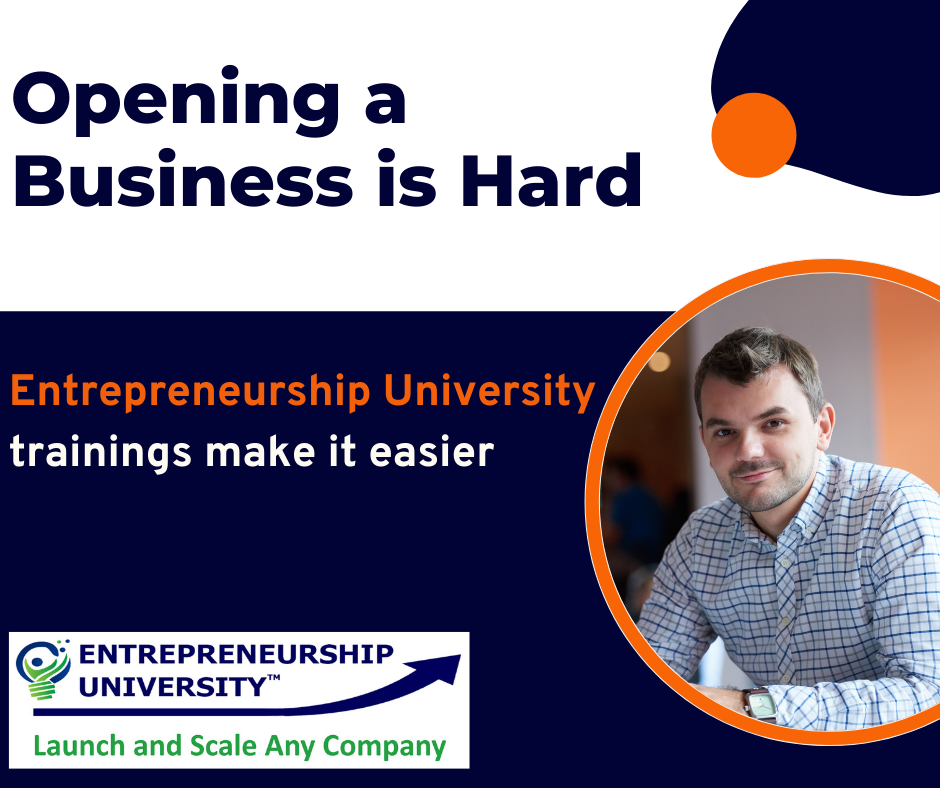Has the age of a manager affected your opinion of them?
Posted by Robert Norton on
And what to really look for when hiring
Age should never be a factor. Experience, or years doing that exact job, is a big factor. Of course, there is often a correlation between experience and age. Some people continue to learn for life, while others stop learning all together at a young age. So, you are asking the wrong question, really.
When hiring there are 100+ variables, and you should always hire for these, with age not really mattering, except maybe for exotic dancers. Here are some factors I think are far more important:
- Raw intelligence and curiosity that drives a person to learn constantly. I always ask what book they are reading. If none, then minus lots of points.
- Grit, drive or stick-to-itivness = Personality of never give up, even self-confidence. Some see this as positive attitude. The "I can do it" mentality.
- Creativity, if a management position or something requiring creativity. Thinking out of the box is important for many positions.
- High EQ or social skills to get along with others well.
-
Domain/Job skills - 5+ years’ experience doing that exact job, ideally in the same size company, as titles and jobs vary greatly by company scale.
- Note this is #5, not #1 on purpose. Quality people grow and get better at every skill on the own. The previous factors are thus far more important long-term than specific skills.
- Also note that skills are often company size specific. Not accounting for this is common and deadly. i.e. A VP of Marketing at IBM does almost nothing that a VP of Marketing at a startup does. It frustrates me that people never figure this out. Even professional recruiters, who often just do keyword matching on resumes.
- Cultural fit, based on the culture you want and need to build for your company strategy. This can be personality, but it is hard to measure. We all want to hire people we like to make work more pleasant, but too many people place this is #1, and it should never be that high.
- Where that person needs to be in 1–3 years. Is there a place for them as they learn and grow? Giving people a good career path with reduce turnover and improve employee morale. If not, you may want to hire someone who is okay staying in the same position, though that does not build growth companies.

To learn more, click here
People, including recruiters, focus FAR TOO MUCH on #5. But #5 can be learned, while the others are inherent (stripes on the tiger) and cannot be changed much. This is one reason, so many new hires leave within 2–3 years. Your goal should be longer tenure, especially for any senior people. Bad hires in management cost six figures in soft costs, lost opportunity and lost actual results/sales. This has been well documented.
Hiring is an art, not science. Get help if you are not an expert in that particular thing you are hiring for from someone who is helping screen resumes and interview top candidates. You need a test of some kind for technical positions. After 30 years of hiring, I can pick the top three candidates out of 100 resumes in about 1.5 hours. Almost always, we hire one of those, and 85% will last in that job for a long time. This comes from 20+ years of hiring experience. It is "unconscious competence".
The average cost of replacing a manager is well over $100,000 with many hidden costs in lost opportunity, employee morale, training, customer friction, etc.
Nothing is more important than hiring well. I have known successful Entrepreneurs who only know how to hire well, but can’t manage their way out of a wet paper bag. Yet they still make millions by building a quality team and then leaving them alone to do their thing. Not the best plan, but “getting the right people on the bus, and in the right seat” goes a long, long way towards success.
No job is more important than hiring the right people. That is at least half the battle. Age should be the last thing that influences you. Experience doing what you need done should be the first. Ideally in the same size company too.
How to Raise Millions for Any Company - Online Video Course
Bob Norton is a long-time Serial Entrepreneur and CEO with four exits that returned over $1 billion to investors. He has trained, coached and advised over 1,000 CEOs since 2002. And is Founder of The CEO Boot Camp™ and Entrepreneurship University™. Mr. Norton works with companies to triple their chances of success in launching new companies and products. And helps established companies scale faster using the six AirTight Management™ systems. And helps companies successfully raise capital.
Call (619) SCALE06 or email info@AirTightMgt.com for a complementary strategic consultation.


